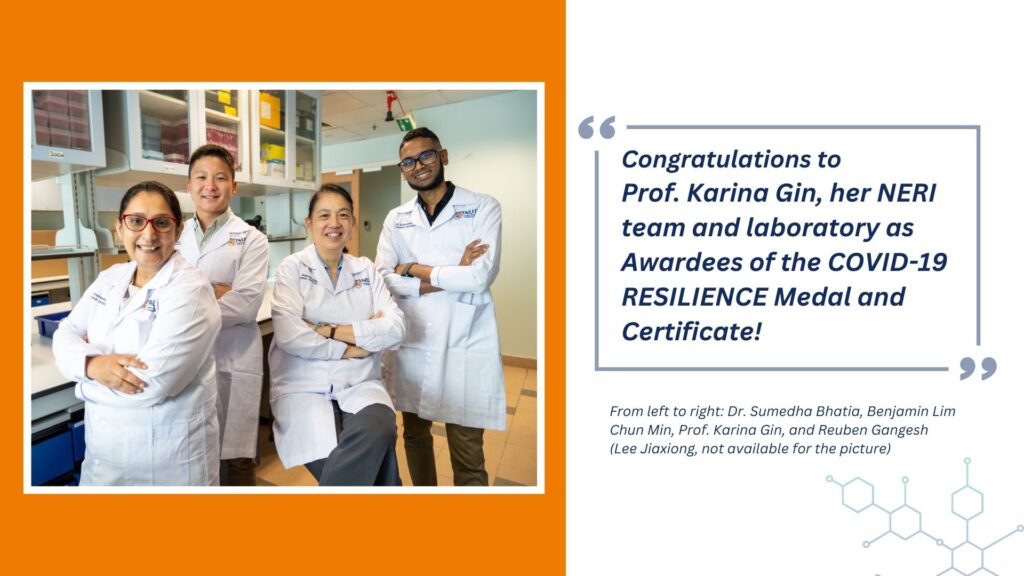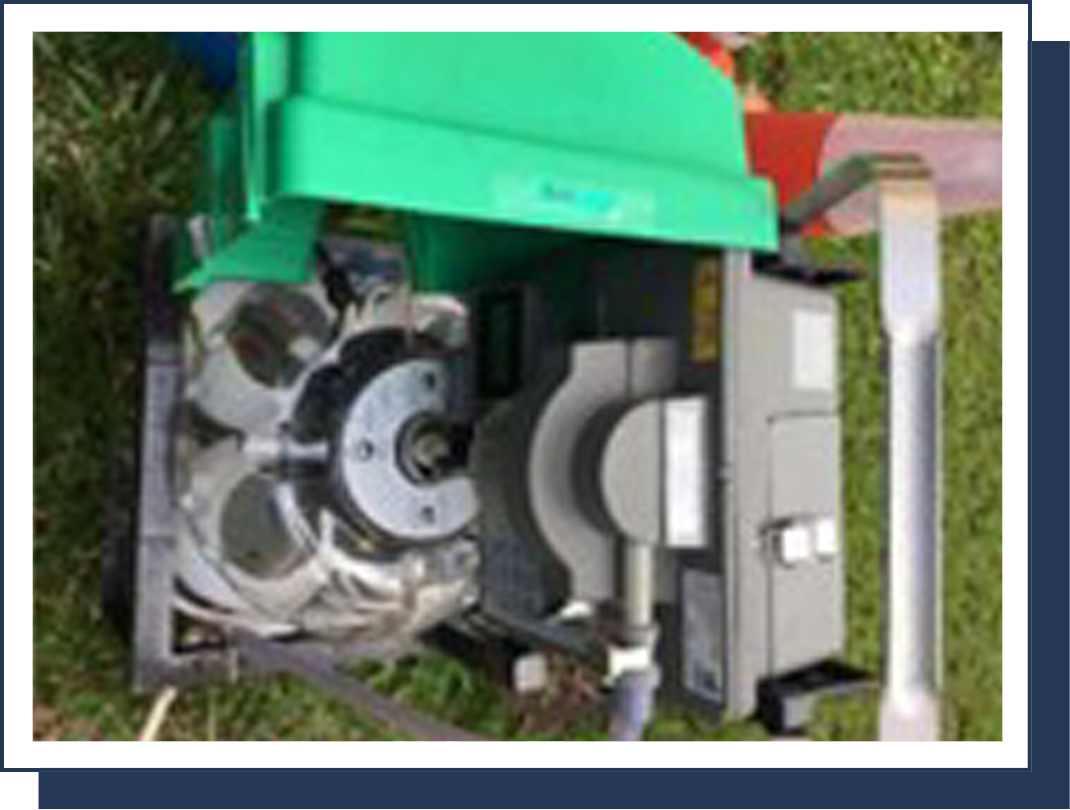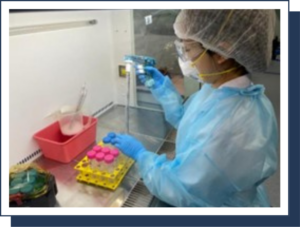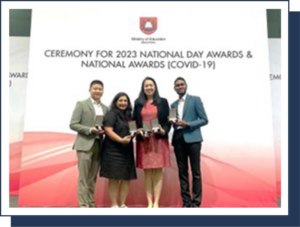NUS Community COVID-19 Wastewater Surveillance Programme

Singapore has deployed numerous management controls to tackle the spread of COVID-19 pandemic since 2019, namely contact tracing, circuit breaker and travel restrictions. Early warning through the detection of SARS-CoV-2 viral fragments shed by infected or recovering individuals, symptomatic as well as asymptomatic, in the stool and sputum would aid in putting in place prompt control measures to prevent COVID-19 spread in the community. One such early detection method is wastewater surveillance.
In November 2020, National University of Singapore (NUS) Environmental Research Institute (NERI) initiated the COVID-19 wastewater surveillance programme in NUS campus hostels and residential colleges. The programme was conducted in collaboration with Singapore’s National Environmental Agency (NEA) as a part of the national effort in the monitoring of SARS-CoV-2 in the community.

Wastewater sample collection
Auto-samplers have been deployed around NUS Kent Ridge campus and are pre-set to collect wastewater at selected times during the day (Picture 1). The samples are sent daily to a Biosafety Level (BSL) 2+ laboratory at NERI for analysis.
Wastewater sample laboratory testing
Experimental protocols that have been validated for sample processing include sample preparation, sample concentration, ribonucleic acid (RNA) extraction and RNA measurement. For our analysis, the N gene (nucleocapsid) of SARS-CoV-2 genome is used as the target sequence for the detection of the SARS-CoV-2 virus.
Results are reported within 24 hours for follow up action, which in the case of positive detection, leads to swab testing of the residence of the affected hostel or dormitory and isolation of the positive cases.


In 2023, the Wastewater Surveillance team were awarded two national awards, the “COVID-19 RESILIENCE” Medal and the “COVID-19 RESILIENCE” certificate by the Singapore government for their hardwork and direct participation in Singapore’s fight against COVID-19
As Singapore has transitioned to endemic COVID-19 status, sample analysis has been diversified for multiple other purposes (i.e. other viral target detections, variant analysis and modelling comparison across the variants).
For more details, please contact: Professor Karina GIN Yew-Hoong | E-mail: ceeginyh@nus.edu.sg

